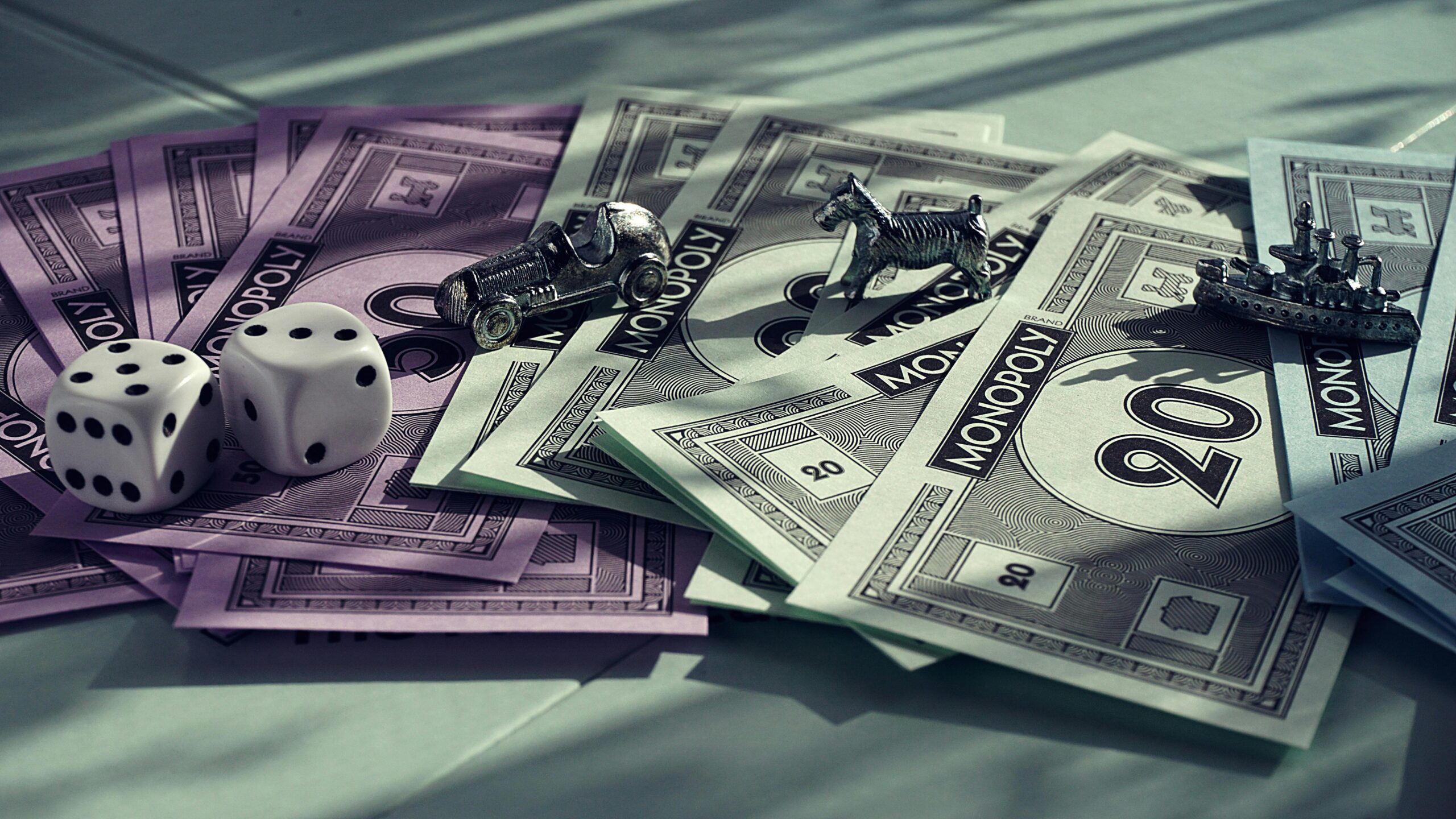 In the depths of economic despair, everyone wanted to play at getting rich...
In the depths of economic despair, everyone wanted to play at getting rich...
The national unemployment rate was above 20% in 1935. Families were losing their jobs and homes. They scraped by on government relief, doing anything they could to put food on the table.
And if you asked Parker Brothers, it was the perfect time to have a little fun.
The board-game maker had its eye on a popular pastime called "The Landlord's Game." First patented in 1904, it was supposed to be a fun way to teach folks about the unfair advantages of the land-tenure system.
By the time Parker Brothers bought the rights in 1935, The Landlord's Game had evolved into a niche board game about Atlantic City real estate.
And before long, it was flying off the shelves...
 The rebranded 'Monopoly' sold 250,000 copies in the first year alone...
The rebranded 'Monopoly' sold 250,000 copies in the first year alone...
By 1936, that number was at roughly 2 million.
Americans who could barely afford their next rent check spent hours buying up fake properties... charging pretend rent... and chasing that elusive Monopoly fortune.
It might sound ridiculous to release a pro-business board game at the height of the Great Depression. Many folks couldn't even dream about buying a real house.
Why would they pry open their ever-tightening purse strings to play at make-believe homeownership?
But in the middle of the Great Depression, cheap escapism was worth its weight in gold.
 We see this phenomenon time and again during downturns...
We see this phenomenon time and again during downturns...
Consumers cut back on big expenses. But they still crave little indulgences that provide comfort or escape.
Monopoly was just that – an affordable luxury. For $2 (about $46 in today's money), families could gather around the table and imagine themselves as titans of industry.
Economists later coined this the "lipstick effect." Leonard Lauder, chairman of makeup giant Estée Lauder (EL), noted that lipstick sales surged after the back-to-back stresses of the dot-com bubble bursting and the 9/11 terrorist attacks.
And the same pattern is already playing out today.
 The U.S. consumer is in a precarious spot...
The U.S. consumer is in a precarious spot...
Credit-card delinquencies are creeping higher right as unemployment ticks up.
That uncertainty can ripple through the economy fast. Big-ticket items will get shelved... in favor of affordable luxuries that seem less intimidating to consumers.
That's why this corner of the market tends to outperform in the early stages of a slowdown. It captures what consumers are still willing to spend on... even when everything else is off the table.
Keep an eye on these basics as you watch for signs of consumer weakness. When budgets tighten, they're often the last to go.
And while the broader economy works through its uncertainty, they could offer a way to play defense.
Regards,
Rob Spivey
October 23, 2025



 In the depths of economic despair, everyone wanted to play at getting rich...
In the depths of economic despair, everyone wanted to play at getting rich... 

